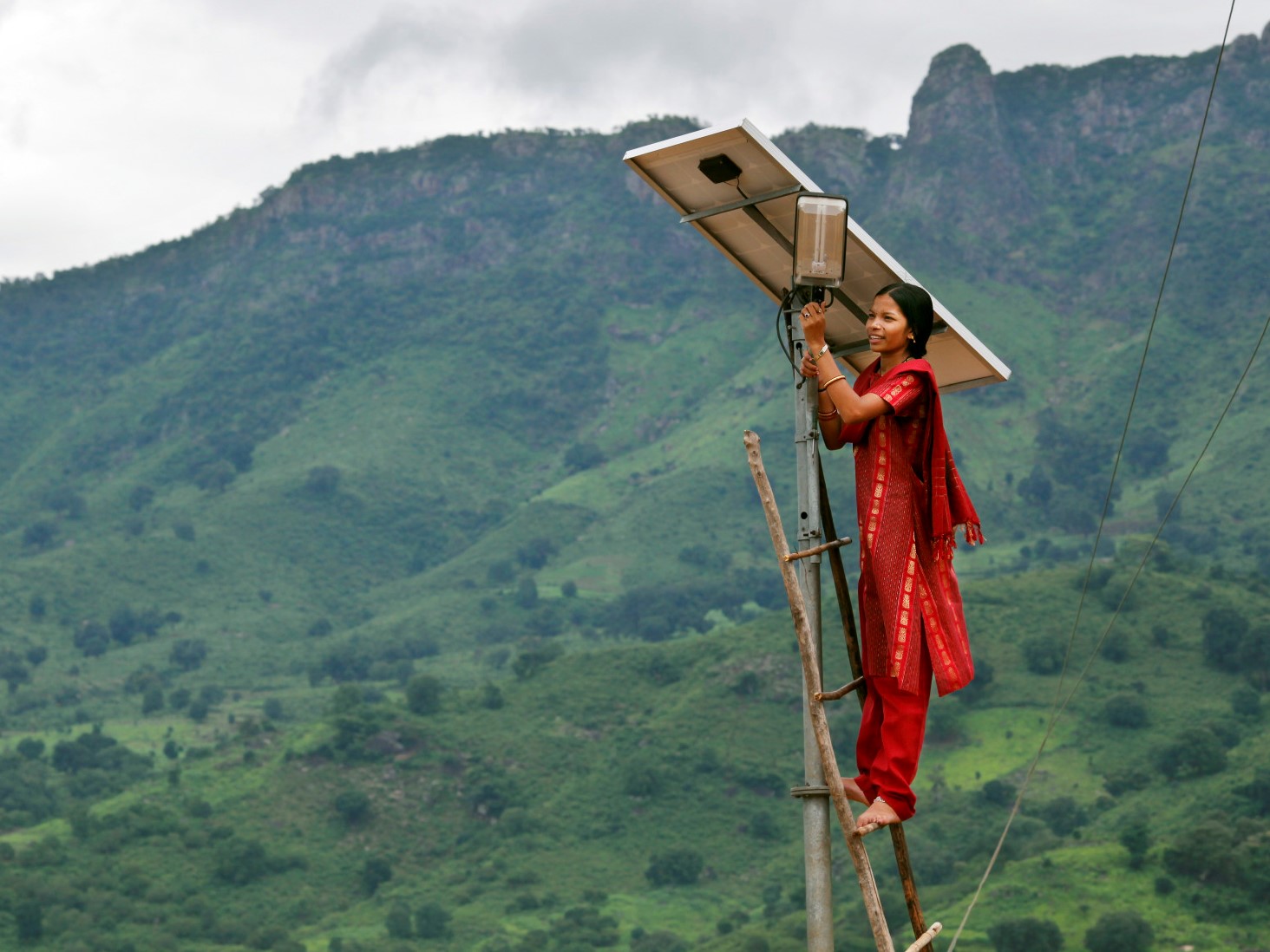To make progress on women’s economic empowerment, we must first agree a definition of what this involves, and what achieving our goal would look like – a ‘North Star’ to navigate towards and measure our progress against. We need to be rowing in the same direction. Conceptual clarity should include defining the key entry points and structural changes required to achieve our North Star.
There is a tension, however, in how advocates visualise their ambitions. The purpose of our goal can be expressed as a fundamental right, as a necessity for social and feminist justice, or as a requirement for sustainable economic growth and poverty reduction. Using the terms ‘Women’s Economic Justice’ or ‘Social Feminist Justice’ may be more political, but incorporate the structural change required. Some participants reported often flexing the case for change and framing of the problem to suit different audiences – for example, in Sahelian countries couching women’s economic empowerment in terms of their potential for a ‘demographic dividend’ has proved successful. To achieve change we will need to translate these issues to those who hold financial and societal power, in their language, bringing them solutions they can implement.
“Economic empowerment is the ability to earn and control an income – metrics must capture paid and unpaid work, and the quality of this work. Shift from just achievements of what is earned and owned, but also the power and decision making process over how these are used. Controlling means increased saving and other financial services (capital and insurance) and control over assets (tractor, tech) and subjective wellbeing (agency) decision making power, autonomy and self-efficacy.”
Gates Foundation definition
Either way, it is hard to have a clear message when there are so many parts of the problem, with the High Level Panel’s 7 Drivers still not seen as enough – with the wider economic enabling environment, and health suggested as missing. Furthermore, this is not just a development issue – these issues are relevant everywhere, to everyone. We hear about the debate reopening for women’s rights to vote and to go to school and work. This means we must be more disruptive to see change as we work against this political tide.
Tension can also appear between focusing on gender and broadening the discussion to wider inclusion issues. This tension is a misdirection. We cannot put women into a homogenous group together, nor can we put people with disabilities into one group together and we cannot continue to lump individuals homogenously into group headings of “marginalised” or “vulnerable”. There is diversity within diversity, and we are missing the very nuances of individualism and identity when we seek to generalise for the purposes of simplification. The Government of Canada adopted a feminist foreign policy 8 years ago, and over this time they have recognised the need for including greater emphasis on intersectionality. The implication of true intersectionality is profound, and is making some uncomfortable and worry that it dilutes the emphasis on women and girls. This is a healthy debate as part of the policy evolution, but it is challenging. Ultimately the Human Rights based approach of ‘Leave No One Behind’ promotes affirmative action, so in line with this, actors should aim to be gender transformative with indicators to show that the most marginalised are being reached.
Alongside a broadly agreed definition, we need a broadly consistent set of indicators and measurement methods to track progress. The FCDO Work and Opportunities for Women produced for this conference an evidence review of progress since the UN High-Level Panel in 2016 on each of the 7 drivers of transformation of women’s economic empowerment. This found a need for clearer comparable drivers to track relative progress on each.

